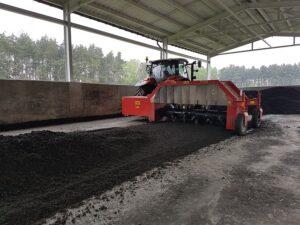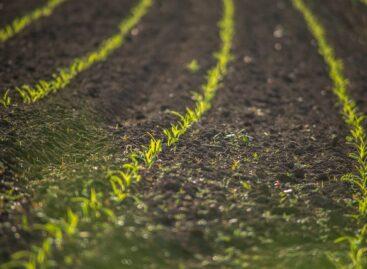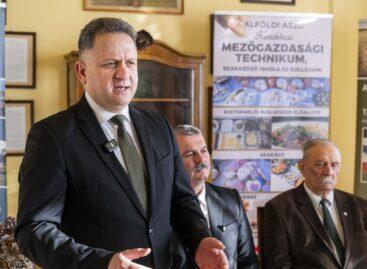Sewage sludge can improve the condition of the soil
Due to poor agricultural practices and climate change, soil is deteriorating at an accelerating rate worldwide, which natural processes cannot offset. Instead of artificial fertilizers, however, the use of sewage sludge can be an alternative, which can improve the condition of the soil – wrote the specialized portal Másfélfok – Climate Change in an understandable way in its article on Wednesday.

(Photo: Pixabay)
Laura Jurecska, an environmental chemist and lecturer at the Department of Microbiology at ELTE TTK, deals with the use of sewage sludge as a fertilizer substitute in her article. As he points out, they typically try to solve the problem of achieving a higher crop yield with artificial fertilization: in 2020, the world’s use of artificial fertilizers exceeded 200 million tons, but this worsens the condition of the soil and also increases the pollution of groundwater. The environmental chemist notes that Europe is particularly exposed to Russian and Moroccan imports, and the price increase due to the war in Ukraine had a severe impact on fertilizer prices, so the issue is also significant from the point of view of security of supply.
According to the expert, applying sewage sludge to the soil can be an alternative to artificial fertilizers
Sewage sludge helps preserve humus, protects against the effects of erosion, improves soil structure and water management, and ensures that nutrients gradually become available to plants. “Sewage sludge, of which 250,000 tons are produced annually in Hungary, could partially replace fertilizers, however, even in European terms, there is a large variance in what kind of use is permitted by local regulations,” adds Laura Jurecska, and then goes on to the current Hungarian regulations, according to which the the use of sewage sludge in agriculture is only permitted for plants whose fruits do not come into contact with the sludge. According to his explanation, heavy metals, antibiotic and drug residues accumulating in sewage sludge represent the greatest risk, which prevents the use of the other valuable raw materials contained in it. According to the environmental chemist, it could be a solution if heavy metals were removed from sewage sludge during sludge treatment. This is also important because the European Union has set itself the goal of reducing the amount of chemicals used in agriculture by 50 percent by 2030, Laura Jurecska points out.
MTI
Related news
CBAM causes market disruption
🎧 Hallgasd a cikket: Lejátszás Szünet Folytatás Leállítás Nyelv: Auto…
Read more >The government provides significant funding to support the development of crop dryers
🎧 Hallgasd a cikket: Lejátszás Szünet Folytatás Leállítás Nyelv: Auto…
Read more >Related news
Nestlé to sell remaining ice-cream assets but commits to Froneri venture
🎧 Hallgasd a cikket: Lejátszás Szünet Folytatás Leállítás Nyelv: Auto…
Read more >








